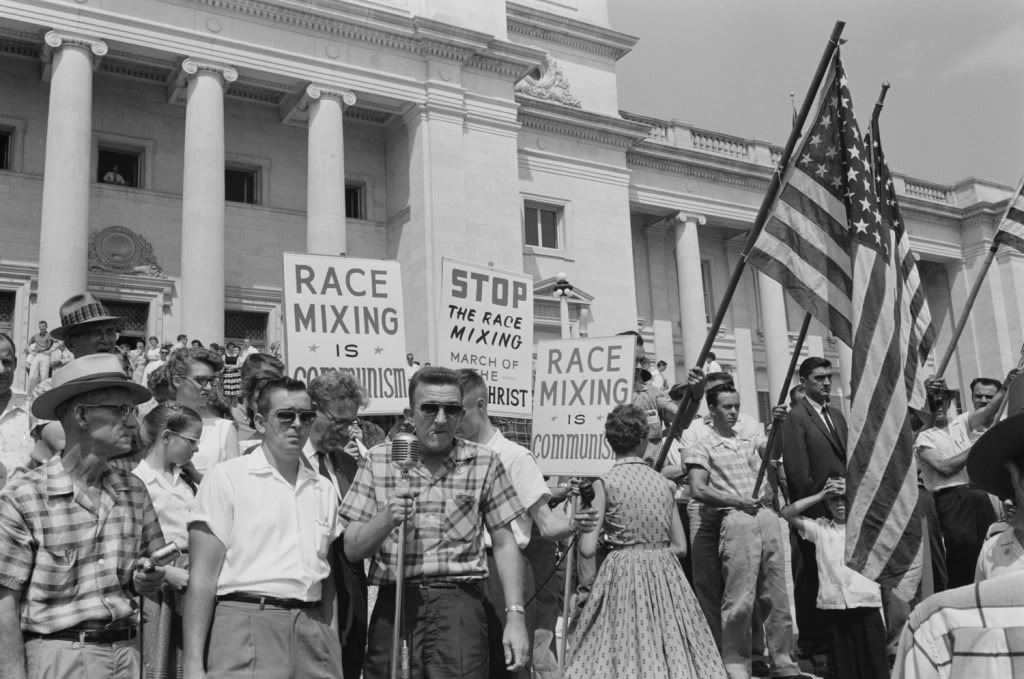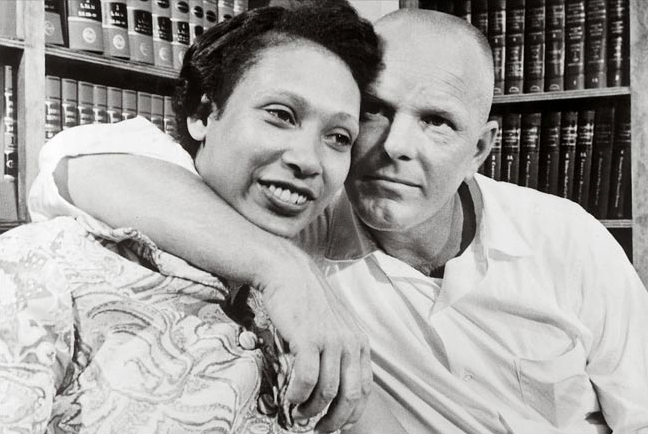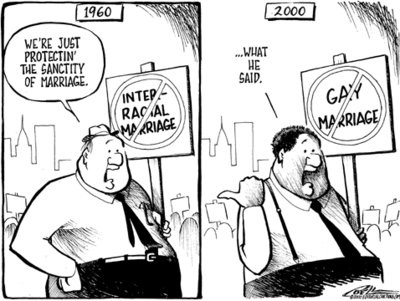Very few of heterosexual South Asians consider the legality of marrying someone of a different race. We are mostly focused on what are parents are going to do when we tell them we’re marrying a white guy or girl.
“Will mom and dad flip out? Or maybe they’ll be modern enough to think he’s cool. He is a doctor. And I was born and raised in the United States. So well, me, the Indian girl, marrying a white guy shouldn’t be *so* surprising right?”
What we don’t think about is that fifty years ago, it was illegal for me (an Indian woman) to get married to a white man. Illegal.

It was a crime for Asians (which included South Asians) in fifteen states to marry whites.* That even in the United States, South Asians, were subjected to injustices and marginalization. We were, citizens of a slave country and colored people.
And of course, to enforce racial segregation, in most states, it was a crime to be black and marry a white person.
Can you imagine? Just 47 years ago you could go to jail for marrying the person you love because you were colored.
But on June 12th, 1967, the United States Supreme Court ruled in the unanimous decision of Loving v Virginia, that:
Marriage is one of the “basic civil rights of man,” fundamental to our very existence and survival…. To deny this fundamental freedom on so unsupportable a basis as the racial classifications embodied in these statutes, classifications so directly subversive of the principle of equality at the heart of the Fourteenth Amendment, is surely to deprive all the State’s citizens of liberty without due process of law. The Fourteenth Amendment requires that the freedom of choice to marry not be restricted by invidious racial discrimination. Under our Constitution, the freedom to marry, or not marry, a person of another race resides with the individual and cannot be infringed by the State.
It was a watershed moment in a decade fueled by civil rights progress.

In an instant, the remaining states that enforced or had anti-miscegenation laws could no longer use them. People could be free to marry whomever they wanted, of course as long as they were heterosexual.
Loving v Virginia provided the first step in the equality of marriage as well. With recent court cases around the country striking down bans on gay marriage, many cite Loving for enacting equality for marriage through due process and equal protection.
Today as our South Asian brothers and sisters fight for equal marriage access (and we proudly support LGBTQ Desis), I am grateful that a Supreme Court ruling allows me to live a free life.
At least today, I am thankful that 47 years ago this week, I was granted equal access to marry my choice.
Now, we fight for the day that all our friends can marry whom they choose.

*States that banned white and Asian marriages (not including Filipino – which had their own category), followed by the year it was passed, the year the state repealed the law or year Supreme Court determined it unconstitutional. More information at wikipedia.
State Year Passed Year Repealed
Arizona 1865 1962
California 1850 1948
Idaho 1864 1959
Montana 1909 1953
Nebraska 1855 1963
Nevada 1861 1959
Oregon 1862 1951
South Dakota 1909 1957
Utah 1852 1963
Wyoming 1913 1965
Georgia 1750 1967
Missouri 1835 1967
South Carolina 1717 1967
Texas 1837 1967
Virginia 1691 1967
